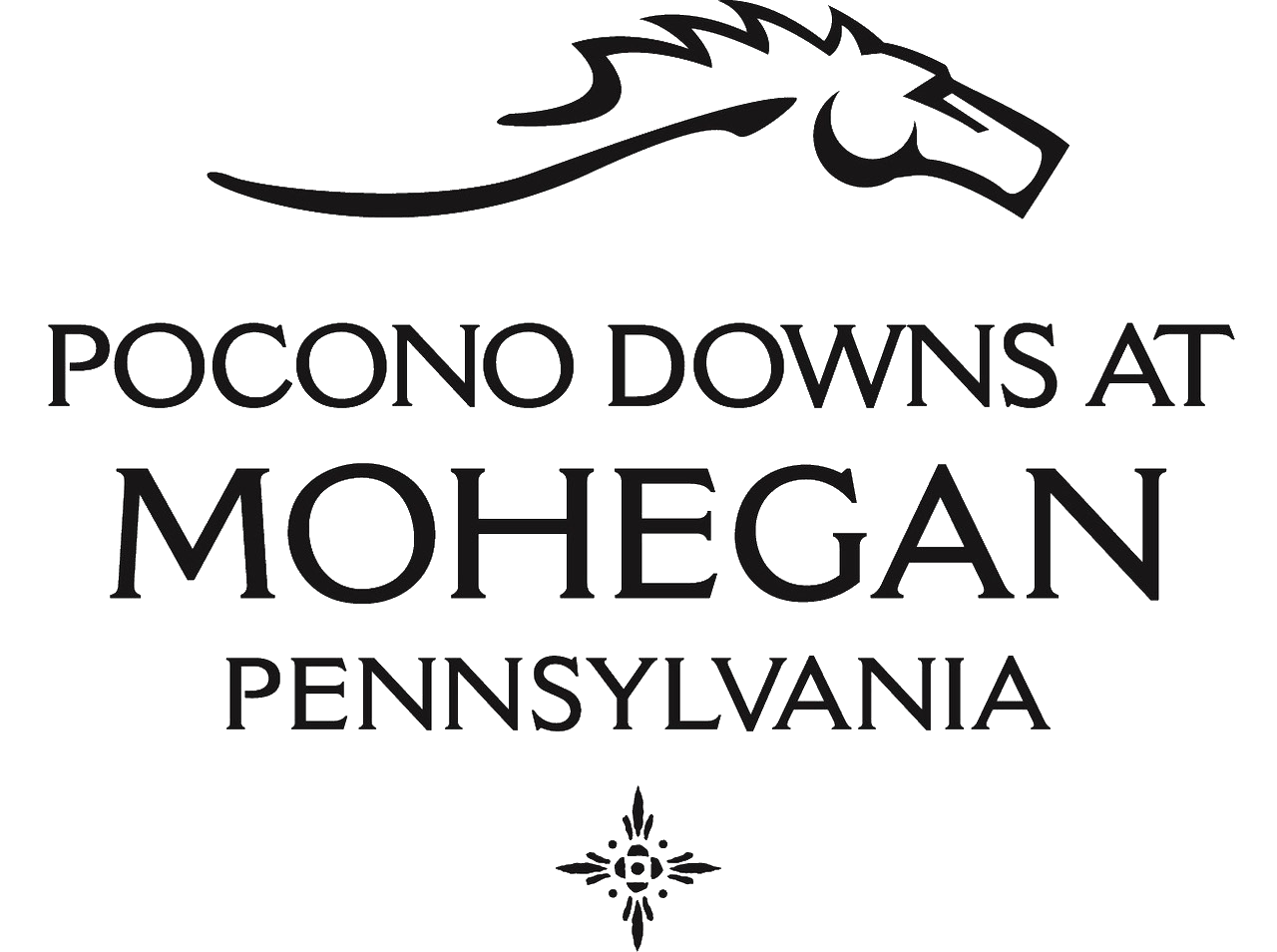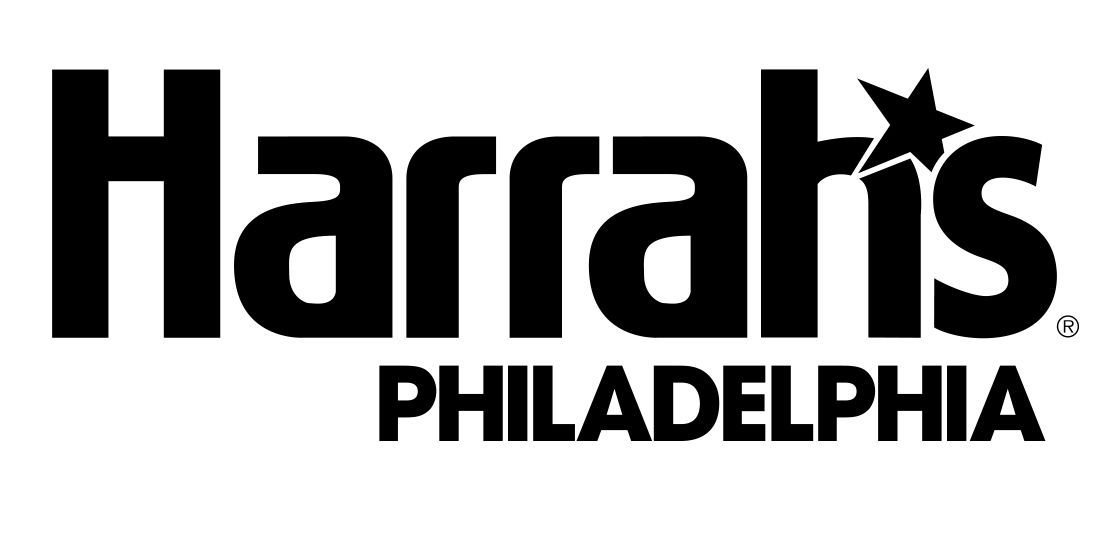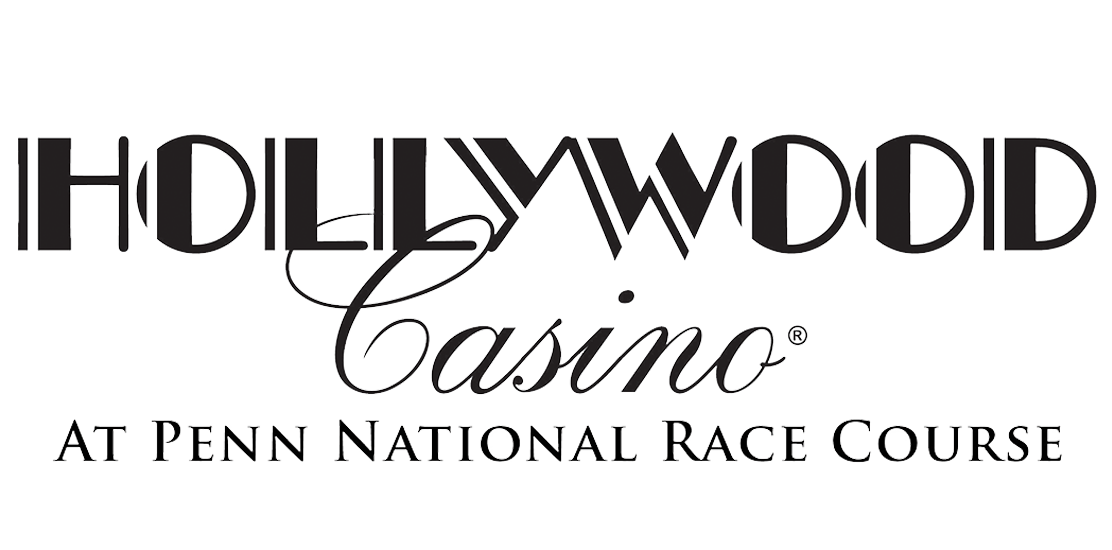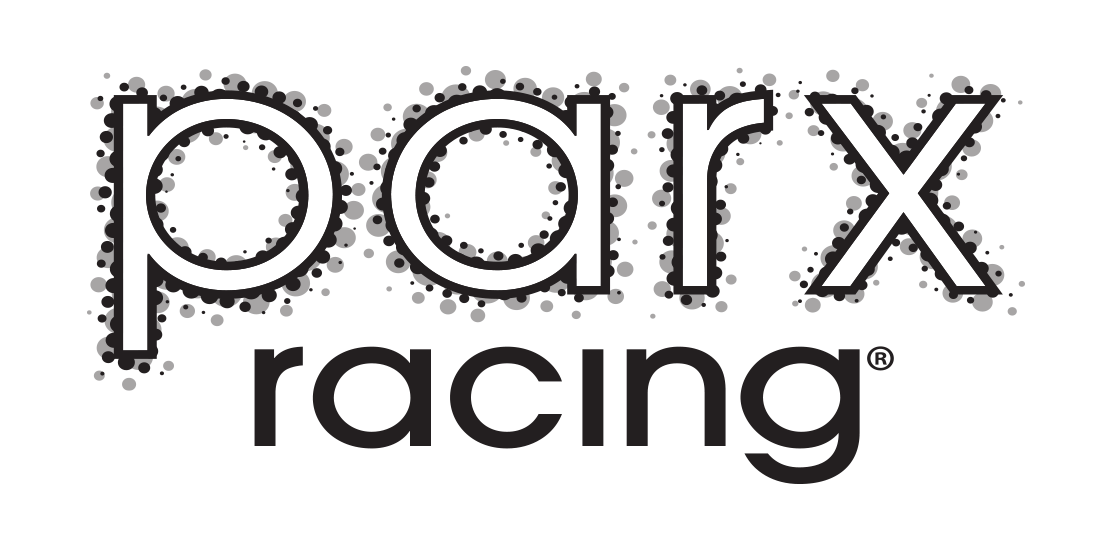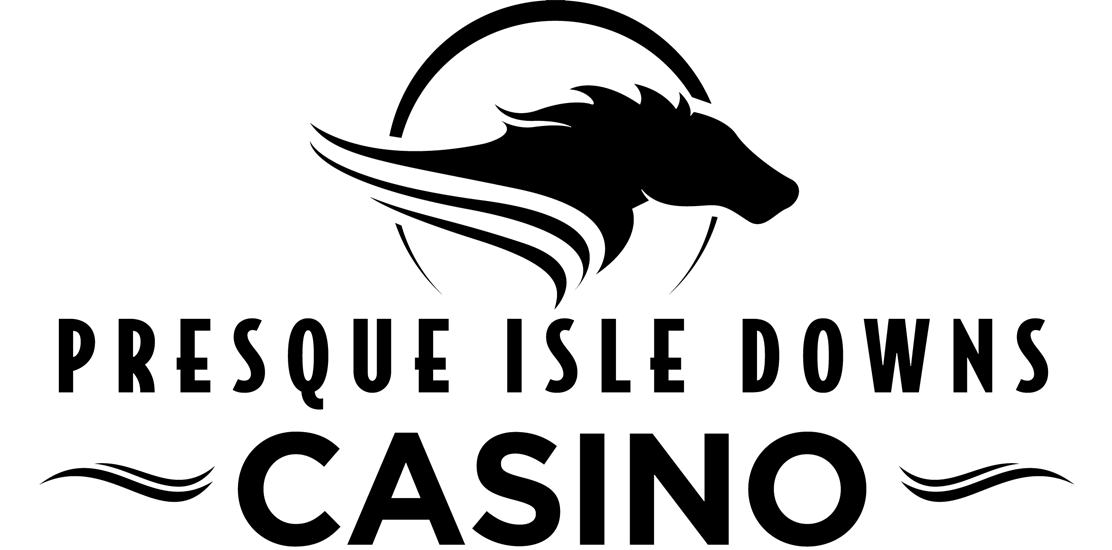They have trained to run like the wind for three to six years, competing against their peers on dirt or turf.
Suddenly, their careers end. Now what? While the best of the best go off to become parents of the next generation of Thoroughbreds, others can face an uncertain future.
Enter the Pennsylvania Thoroughbred horsemen’s Association (PTHA), which offers programs to rehabilitate racehorses after their racing careers end. Turning For Home, a nonprofit program at Parx Racing in Bensalem. The horsemen support the second careers of their racehorses by sending them to farms for rehabilitation, retraining, and eventually rehoming. The Thoroughbreds start new lives as polo ponies, show jumpers, barrel racers, police horses, or pleasure riding mounts. It has placed more than 3,800 former racehorses.
“Thoroughbreds are so versatile and can do anything,” said Danielle Montgomery with Turning For Home. “Thoroughbreds are the most versatile, athletic, and intelligent horses.”
She noted that not only does Parx contribute to the program for retired racehorses but jockeys who ride there do, as well.
Maui Meadow Farm in West Chester, one of 20 Turning For Home partners, is Pennsylvania’s oldest working Thoroughbred farm. The farm’s Thoroughbred Retirement Rehabilitation and Careers (TRRAC) program is a nonprofit set up to help with the cost of the care for the horses during their stay, which can last for months or longer.
Maui Meadow owners Charles Lyman III and his wife, Nina, lovingly care for the 45 horses living at their 65-acre farm, along with Lyman’s mom, Erika, two full-time employees, and a slew of volunteers. Even their 5-year-old son, Kai, helps. Eleven of the equines are permanent residents, including Kai’s pony.
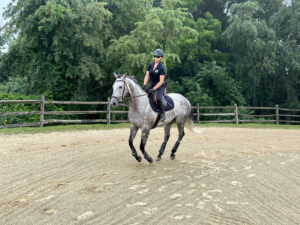
Nina Lyman takes R. Rajun Bull for a ride
in Maui Meadow Farm’s training ring.
“The beauty about aftercare is we’re making sure the horse has all it needs,” said Nina Lyman. “We’re making sure the horse is relaxed. We’re making sure the horse is a good fit for the adopter. We want to have successful adoptions.”
The other horses welcome the newcomers into their herd.
‘We do get some support from the tracks. We require owners who turn horses in to pay a one-time stipend fee. Veterinarians see horses. We do a freeze brand and microchip them if they are not already microchipped,” she said. Their brand is a circle with an L in the center.
“We give the horse some light sedation (before branding). It’s very cold. It is registered with the state agriculture department. Still, many people on social media know that brand, so if that horse ends up somewhere it’s not supposed to or not being taken care of or stolen, that horse is easily identifiable,” she said.
They also accept privately surrendered Thoroughbreds that do not come from the racetracks. The owners must pay a fee for their care.
“We rehome them under strict contracts,” said Montgomery. “We’ll take any of our horses back any time or for any reason. And we probably take back one a month. Our horses are all over the country now.”
She said it can be expensive to take care of a horse, and sometimes people’s circumstances change, so they ask to return it.
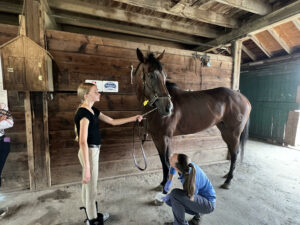
Veterinarian Emily Rule examines
The Big One while a volunteer
Brooke Henwood, 13, a student at
Patton Middle School, holds the lead.
Charles Lyman’s grandfather, General Charles B. Lyman, and his granduncle were originally from Hawaii. After serving in World War II, they founded the Thoroughbred farm in 1946, hence the name “Maui Meadow.” It was originally 124 acres, but they sold part to fund the 12-foot-deep therapeutic swimming pool for the horses.
The pool helps horses rehabilitate or train without putting stress on their legs or muscles.
“We receive some of the hardest cases,” said Nina Lyman.
When a horse comes in, they are assessed physically and mentally,” she said. They are also evaluated for how well they perform for an ordinary rider.
Charles Lyman said it is a myth that Thoroughbreds are more nervous or hard to handle than other breeds once they are no longer in racing mode.
Nina Lyman also grew up on a horse farm and competed in the Devon Horse Show.
When horses are ready to be adopted, Nina Lyman makes a Facebook post and page on their website. The baseline fee is $2,500. They do have a program for older horses that is available for less.
Montgomery said, “If they can’t afford to buy their horse, how do we know they can feed it?”
“We’re always looking for grants and donations,” said Charles Lyman.
They follow up with the new owners to be sure the horses are well cared for.
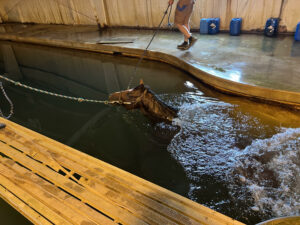
A horse swims in the Maui Meadow Farm
therapeutic pool.
Nina Shaffer is a trainer who helps train their horses and rides them to show to potential owners. Shaffer owns the nearby Grand Slam Equestrian and adopted three older horses through Maui Meadow Farm’s program.
The horses receive veterinary care, such as X-rays.
Emily Rule, VMD, with the University of Pennsylvania’s New Bolton Center, came to care for a bay mare named The Biggest One, who had previous surgery to remove bone chips in her leg.
As The Biggest One stood patiently while Rule took the sutures out and rebandaged her leg, Charles Lyman said, “She’s a well-broke, well-trained animal.”
Rule also used a portable X-ray machine to check Strong Magic, a bay gelding, who had previously had surgery to remove bone chips. Nina Lyman was concerned that he might be “a little bit lame,” said Rule.
Nina Lyman also takes her therapy horse, Liquid Aloha, to visit residents in nursing homes, hospice, and memory care facilities.
“He loved it,” she said about the first time she took him to a nursing home.
Please follow DVJournal on social media: Twitter@DVJournal or Facebook.com/DelawareValleyJournal
Posted on July 21, 2023
Original source credited to https://delawarevalleyjournal.com/turning-for-home-and-maui-meadow-farm-help-retired-racehorses-find-new-homes/
